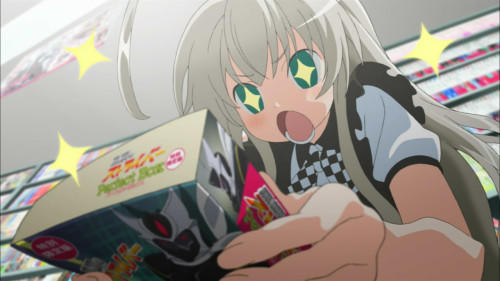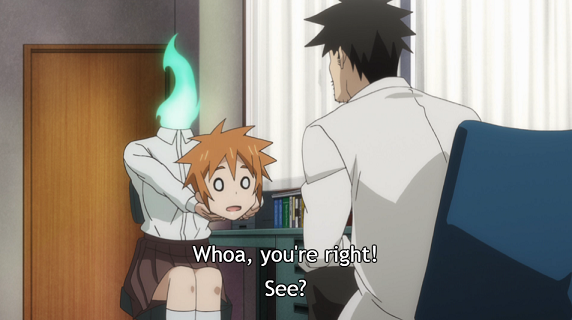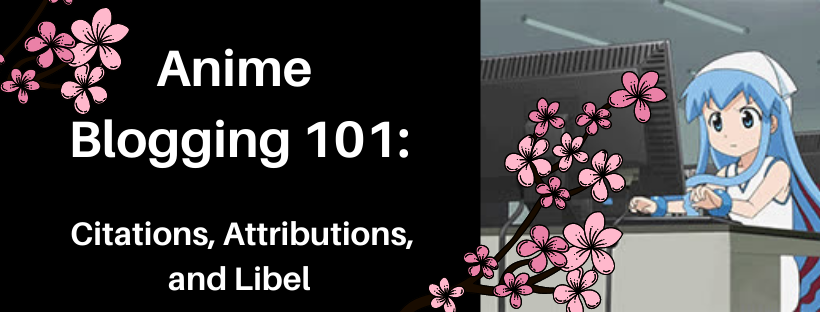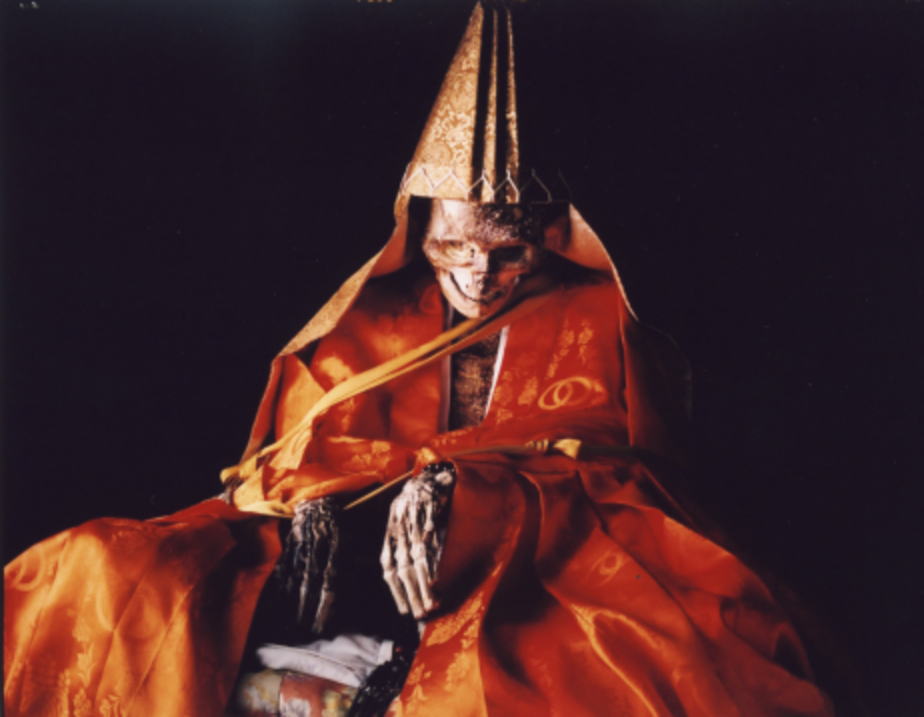
I’m a biased writer. There isn’t any other kind, but bias is something we often don’t think about. As part of information literacy, the ability to discover, judge, and use information, awareness of bias plays an important role. Without this awareness, you are blind. Let’s examine the role of bias in how we watch anime. The image of the sokushinbutsu above likely makes you feel biased–weirded out, troubled, and the like. Bias can be visceral, not just intellectual, but I will focus on the intellectual factors.
As a librarian, I’ve studied various information literacy techniques, but that doesn’t make me immune to falling into certain patterns of thinking…and writing. I began to think about this when I saw several South Koreans fans like my articles. I’m American, which gives me a certain cultural lens that I use to examine anime. That lens is no better and no worse than other lens. I can’t interpret certain parts of anime like a Japanese reviewer would. For example, power lines and cicadas lack the same meaning of summer. For me, summer means the scent of cow manure and cut hay. It means the sound of sneezing and of coyotes and of squirrels. My frame of reference, the lens, is different. Because of this, such anime scenes impact me differently than people who grew up with the intended frame of reference. I may understand what the writers intend, but I don’t feel the scenes. As a Christian, I also have a bias against fan service and ecchi. They ruin my enjoyment of the stories–a visceral reaction that I can’t set aside.
Likewise, being raised in the US instilled within me certain cultural norms that I take for granted. If you are raised in Japan, you’ll have a different set. Britain, yet another. While anime seeks to be international, it still has Japanese norms that aren’t understood unless you live in the culture or study it. Part of otaku culture comes from the intersection of American (and other cultures) and Japanese culture anime contains. Otaku culture divides on bias within a given area. For example, otakus in my rural area keep it understated in their dress. Although you do see a few who dress as nekomimi or dye their hair bright colors. Most wear printed shirts, and they don’t speak to each other with typical otaku jargon. I rarely hear talk of waifu or the use of Japanese words. The community is fragmented by low population and distance from conventions. The closest major convention requires a 3-4 hours drive. Most otaku in my area also play Magic:The Gathering. I don’t see many hardcore fans, other then perhaps some older anime fans. They like to speak with me about anime, but they don’t engage with the social aspects of otakudom.

Some of this comes from the culture of independence that pervades my area. I use this to illustrate how this may differ from your own experiences. Each subculture (Appalachia is my home subculture) has it own set of bias and thinking that shapes how it interacts with anime and even blogging. I write about the intersection of anime and Western American culture because that is what I know. I can’t comment on how anime and South Korean culture interact, for example. Well, I could, but such comments wouldn’t be qualified. I’ve noticed some bloggers and commenters on Reddit and other websites speak of their perspective as if it is the only one. They generalize. The commenters don’t appear to be aware of their bias (perhaps they are). But generalizing from anecdote shows lack of bias awareness. Now, I know I fall into this too. Hence this meandering post. It’s fine to state your perspective. That’s all any of us have.
Now with writing you aren’t supposed to use phrases like “In my opinion” or even worse, the redundant “In my personal opinion” (is there any other type?). You are supposed to state your opinion and let it stand. But that doesn’t mean you can’t qualify that statement. Qualifying allows you to signal your potential bias to your reader. This is a qualifying post, but single qualifying sentences are more common. Specific sentences qualify themselves. Generalizations don’t. If you read writing books, they encourage writing as specific as possible because they communicate more. By saying something like “As an American” or “American otakus” I tell readers from other countries to consider my statement in light of their own culture and experiences. While this generalizes what it means to be American, the generalization works better because regional American cultures share much in common than say, a statement about otaku in general–that is, across the world. Of course, Americans vary more than a simple generalization allows.
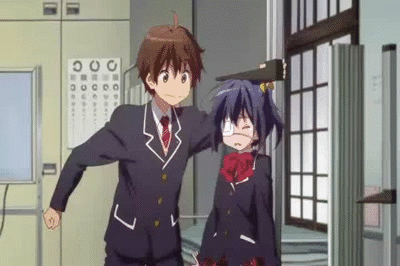
Bias, to say it simply, is intellectual laziness. It involves sloppy thinking and writing. Coming to a conclusion after careful study is different from bias. Bias involves lack of study and awareness.
Countering bias is simple: ask questions. Question your questions. Of course, you can take this to the point of being ridiculous, but it’s best to not accept new information at face value. Today, its difficult to determine fact from opinion and truth from them both. Skepticism and knowing how to vet a source helps. Vetting involves a few questions and these questions apply to bias as well:
- Is the information transparent about their sources?
- Are those sources impartial? Are they opinions are based on scientific research?
- Does the author hide behind a penname?
- Is the language inflammatory?
Many articles, whether political or anime, compound their bias through chains of opinion articles. Such articles often make for poor sourcing unless you are aware of their bias. Which is why I try to point out my biases within articles. I write under my real name because it keeps me honest. My skin is on the line each time I write and hit the publish button. Now, a penname works just fine if you don’t hide behind it and take pride in it. The last point, inflammatory language, seeks to turn off your logic centers in favor or emotion. Emotion is necessary, but it can cloud judgment. Good researched articles don’t use inflammatory language except as spice to get your attention–a technique I’ve used in introductions before. But the meat of these articles seek to show you one perspective so you can make up your own mind. They don’t intentionally seek to spread bias.
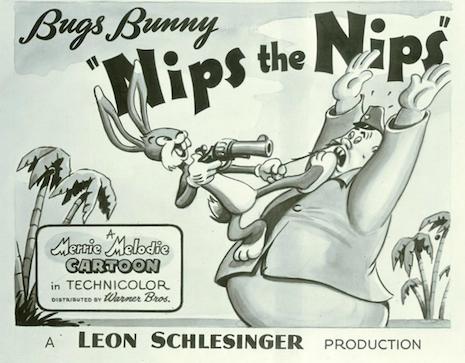
Okay, so what’s the tl;dr? I’m biased against that Internet acronym/word. Well, bias is a natural part of being human and expressing thoughts. It’s unavoidable, but it’s qualifiable. That is, we can point it out to people. When it comes to anime, it’s an international medium with Japanese elements each of us view through our cultural lenses. It doesn’t make our perspectives right or wrong: merely different. I don’t want to over-emphasize cultural differences, but we also can’t discount them either.
If you take anything away from my keyboard meander, remember to think about how you form your perspective.

